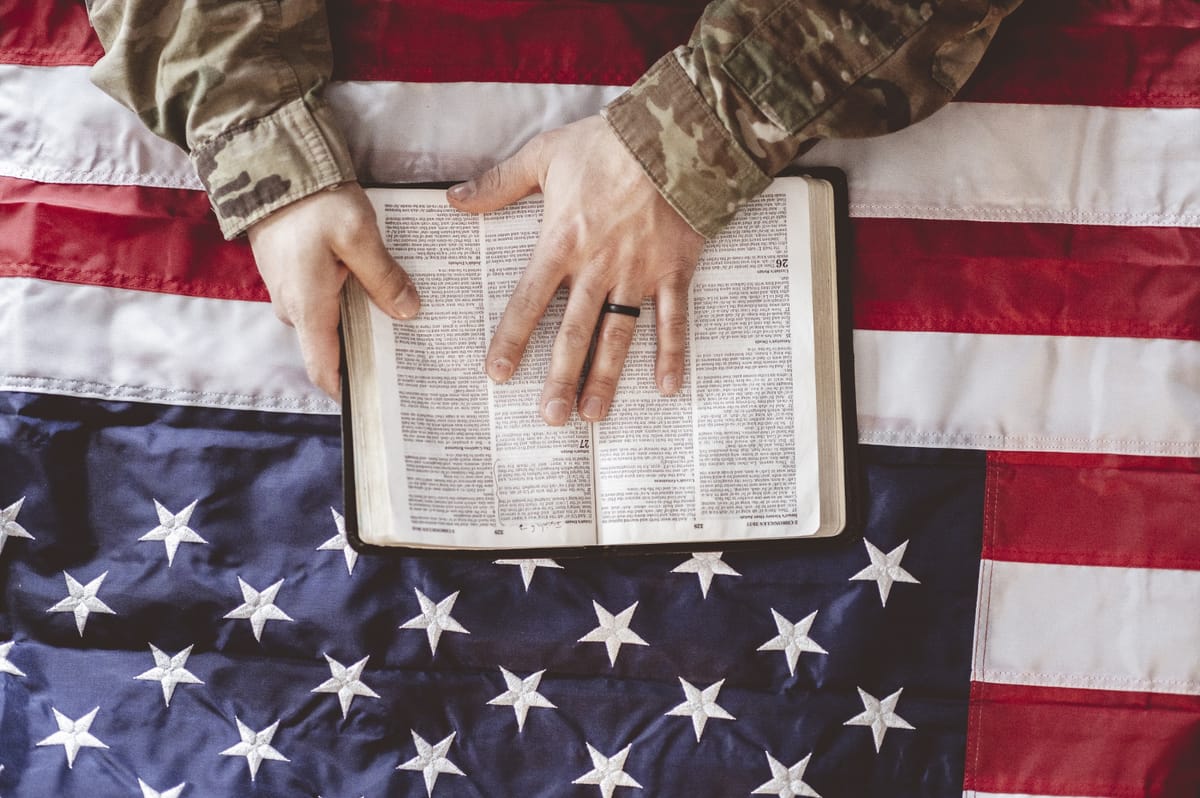New U.S. Travel Restrictions: What Affected Nationals, Employers, and Families Need to Know

VisaLex Blog – June 2025
The White House has issued a new presidential proclamation reinstating travel restrictions on nationals from 19 countries, effective June 9, 2025. These new rules impose broad entry bans or visa limitations on both immigrant and non-immigrant travelers, raising serious concerns for individuals, families, and employers with connections to the affected countries.
Here’s what you need to know.
Countries Affected by the New Restrictions
The proclamation divides countries into two categories based on the level of restriction:
Category 1 – Full Ban (Immigrant and Non-Immigrant Visas Suspended):
Afghanistan, Chad, Republic of the Congo, Equatorial Guinea, Eritrea, Haiti, Iran, Libya, Myanmar, Somalia, Sudan, and Yemen.
Category 2 – Partial Restrictions (Certain Visa Categories Suspended):
Burundi, Cuba, Laos, Sierra Leone, Togo, Turkmenistan, and Venezuela.
These restrictions significantly affect visa issuance for both temporary visitors (tourists, students, business travelers) and individuals seeking permanent immigration to the U.S.
Key Exemptions
The proclamation includes limited exemptions for specific individuals, such as:
- U.S. lawful permanent residents (green card holders)
- Dual nationals traveling on a passport from a non-restricted country
- Individuals with diplomatic, NATO, or official visas
- Certain humanitarian categories, including Afghan Special Immigrant Visa holders and persecuted religious minorities from Iran
- Individuals participating in the 2026 FIFA World Cup and 2028 Olympic Games, including athletes and essential staff
Additionally, visas already issued before June 9, 2025, remain valid.
Impact on Employers and Workforces
Employers should be aware that the new restrictions may impact international recruiting, internal mobility, and future visa applications for employees or candidates from the affected countries. While work visas (like H-1B, L-1, and O-1) are not explicitly listed among the suspended categories for Category 2 countries, consular discretion and delays should be expected.
U.S.-based companies employing foreign nationals are advised to:
- Review current visa statuses of affected employees
- Postpone international travel for individuals at risk
- Consult legal counsel before initiating new visa petitions from restricted countries
Action Steps for Affected Individuals
If you are from one of the listed countries, you should:
- Avoid international travel unless absolutely necessary
- Ensure you have valid immigration documentation for any pending benefits
- Seek legal guidance on your eligibility for exemptions or waivers
- Act quickly to file or renew immigration applications where possible
Being proactive is essential to avoid delays, denials, or legal complications.
Looking Forward
The Biden administration had rolled back many of the Trump-era travel restrictions. The reinstatement of these measures under the current administration underscores a renewed focus on national security and visa compliance. These rules are subject to periodic review, but for now, they represent a serious obstacle to travel and immigration from the listed countries.
VisaLex is here to help.
If you or someone you know is affected by these restrictions, contact our team to schedule a confidential consultation. We’ll help you navigate the options, exemptions, and potential next steps during this uncertain time.
